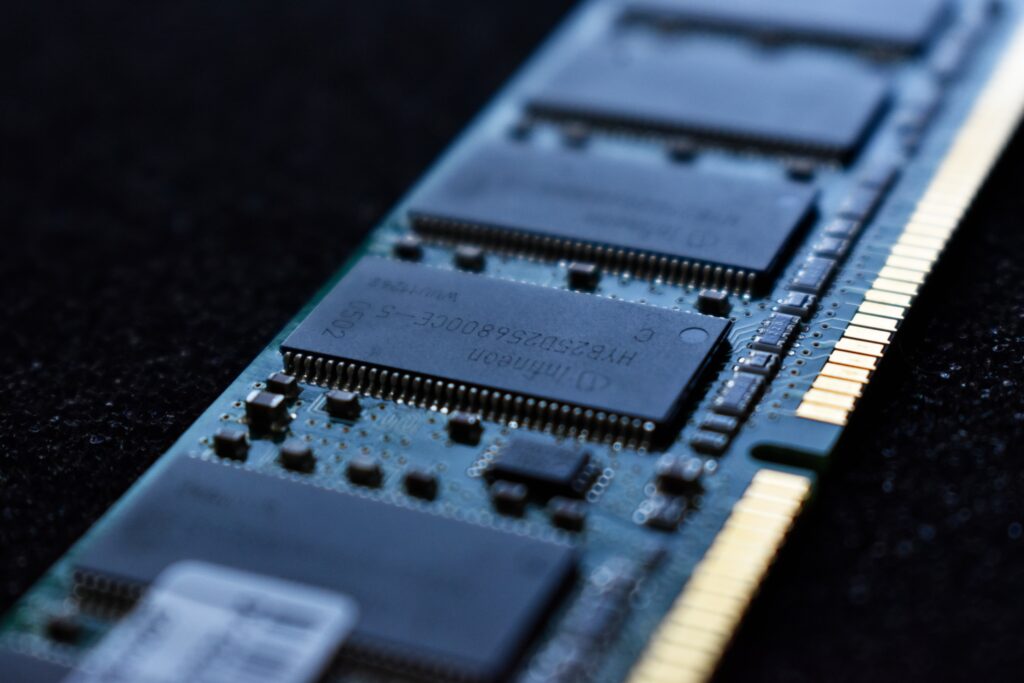Test SPI with FPGA power.
Use the “Digital Protocol Generator” for testing SPI buses, to accelerate your future hardware developments .

Simplify the integration process
Use the “Digital Protocol Generator” for testing SPI buses, to accelerate your future hardware developments .

Simplify the integration process
DPG
The “Digital Protocol Generator”, alias the “DPG”, is the opposite of a logic analyzer.
It’s a whole system on chip which can be used to test single SPI components before integrating them into the system. DPG allows to generate SPI signals by using a C++ API. The data is automatically transmitted across the SoC and will be generated with the help of a FPGA.
The idea is simple: find bugs early and simplify the whole system integration process.
DPG is open source and was developed with the Terasic DE1-SOC board. Pull the latest build, deploy it on the DE1-SOC and start testing your SPI components.

Use the C++ API, to simply develop your own test automation or just write your first programm to explore the capabilities of DPG.
Pull the latest build, to start sending your first SPI signals.
Use the internal webserver, to integrate the DPG in your test automation landscape. Simply connect it with an ethernet cable and send your signals across the whole net.
No need to plug in/out cables anymore, wether interacting with the webserver.
Leverage the FPGA capablities to send massive amount of data to your test subject or just generate specific signals for various corner cases.
Stress testing vs. corner case testing.
It’s up to you!

PULL, WRITE, TEST
1.
Simply pull the latest image, put it on a SSD card and insert it into your DE1-SOC board.
The image includes:
2.
Pull the C++ API and simply integrate it in your projects. Call the functions to create your data bundles and send them to the SoC.
The API allows to:
3.
Generate SPI signals according to your data bundels by just calling the API.
Use the internal buffer to prepare the next load and seamlessly send the data to your test subject.
There is no need to handle with:
340
Commits
0
Forks
10
Different Branches
Check out the repository!
THIS PROJECT IS SUPPORTED BY
